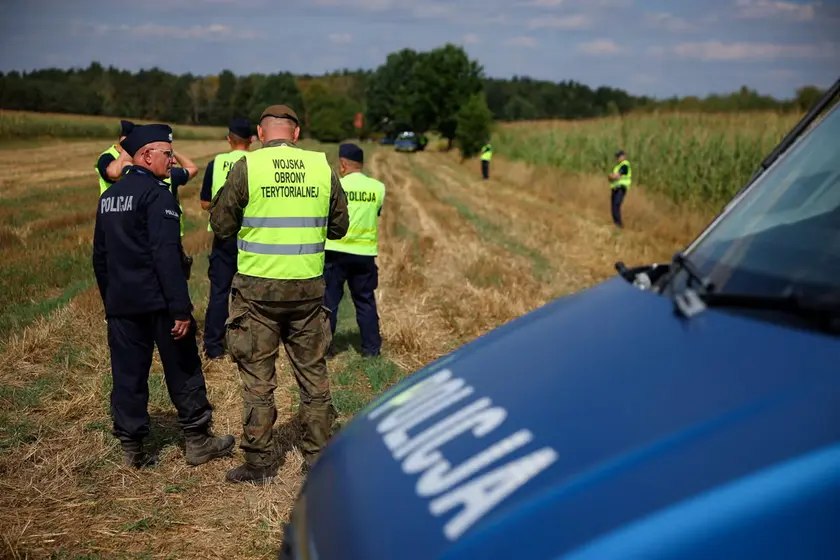T4K3.news
Russia demands veto on Ukraine security guarantees
Lavrov says Moscow will veto any guarantees negotiated without Russia and calls for equal participation by major powers.
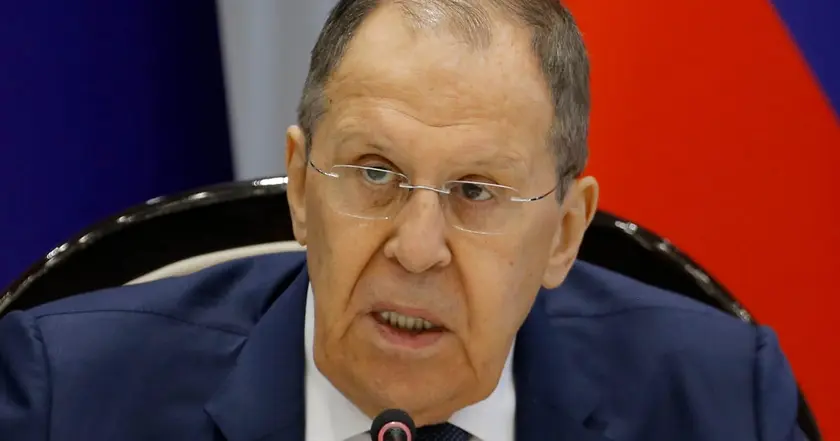
Kremlin hard line signals limited gains from recent diplomacy as Moscow seeks a veto over any security guarantees for Ukraine.
Russia demands veto on Western security guarantees for Ukraine
Foreign Minister Lavrov pressed Moscow's line in a Jordan press conference, saying Russia will not back security guarantees for Ukraine that are negotiated without Moscow and that guarantees must come with Russia's equal participation alongside powers like China, the United States, Britain and France. The remarks revive a concept from Istanbul in 2022 for a NATO-like coalition of guarantor nations, but Moscow has long demanded a unanimous green light from all sides before triggers can be activated, a demand Western officials have rejected. The talks also keep the prospect of a Putin Zelenskyy meeting on hold, with Lavrov signaling it remains distant.
Western allies insist that Ukraine needs credible protection and that Beijing and Moscow should not have veto rights over a Western security framework. They note that Trump has praised recent diplomacy but offered no specifics about Article 5 style protections for Ukraine, while saying no American boots will be on the ground. The mix of statements from Washington, Brussels and Moscow shows how hard it will be to align security guarantees with Russia's preferences, and how fragile any peace process remains.
Key Takeaways
"Moscow won't agree with collective security guarantees negotiated without Russia ... Russia will accept if the security guarantees to Ukraine are provided on equal basis with the participation of countries like China, the United States, the United Kingdom and France."
Lavrov on equal participation and veto
"I am confident that in the West, first and foremost in the United States, they perfectly understand that discussing the issue of security without the Russian Federation is a utopia, a road to nowhere."
Lavrov on Western understanding
"Ukraine will have Article 5-like NATO protections"
Trump on Ukraine security guarantees
"a degradation of the foreign policy methods."
Lavrov on EU diplomacy
Russia's insistence on veto power reveals a strategic choice: protect influence inside a future security framework rather than accept a balance of guarantees. It tests how united Western allies can stay when one major player can stall any move, and it raises the cost for Ukraine to secure solid protection.
If unanimity is required and Moscow can veto, the result could be paralysis rather than protection, leaving Kyiv exposed and European voters wary. The episode also underscores how diplomacy now works: public statements, low profile meetings, and a careful dance around red lines. To move forward, Western capitals may need to explain the basics of guarantees more clearly and think hard about how to limit the veto while preserving Russian engagement.
Highlights
- Moscow wants a veto not a partnership
- Security without Russia is a utopia
- Article 5 like protections without specifics are a political slogan
- Equal participation means real influence for all sides
Political sensitivity and risk to alliance cohesion
Lavrov's hard line shows Moscow's veto power could block security guarantees for Ukraine, creating a roadblock for any peace process and risking backlash from allies who demand credible protection.
Diplomacy still hinges on trust as much as treaties.
Enjoyed this? Let your friends know!
Related News
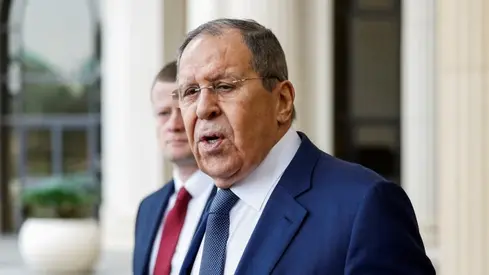
Russia seeks veto in Ukraine security guarantees

Kremlin seeks veto on Ukraine security guarantees
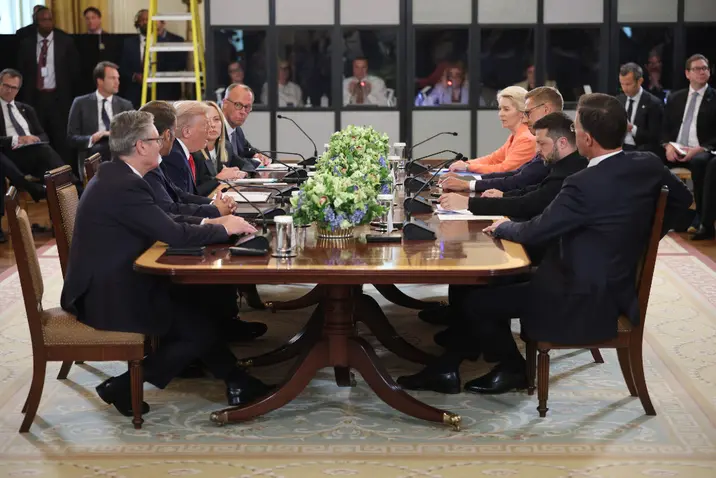
Ukraine Russia Deal Hinges on Western Backing

Peace terms collide with battlefield reality
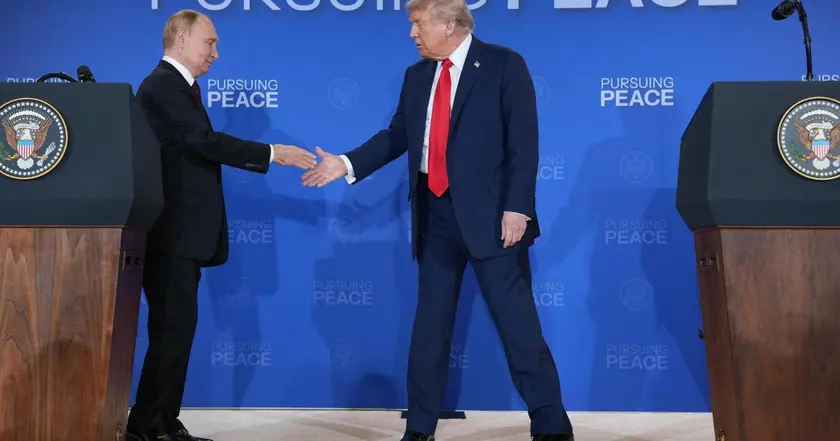
Alaska summit updates
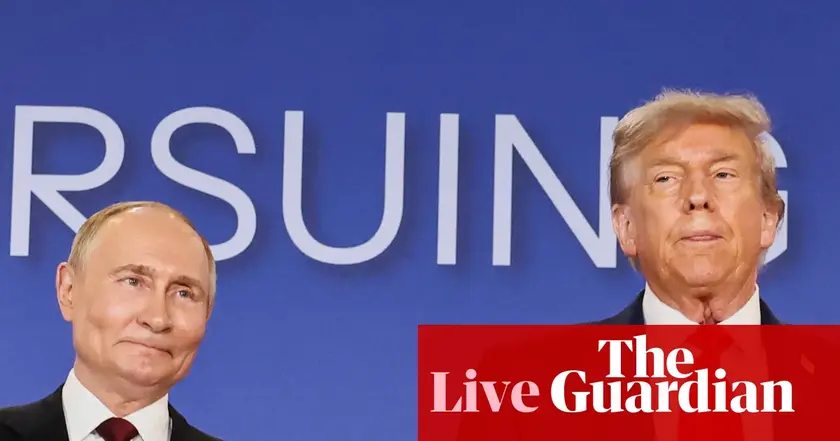
Putin Trump Alaska Summit and Ukraine security

Nordic Baltic bloc backs Ukraine sovereignty after Alaska talks
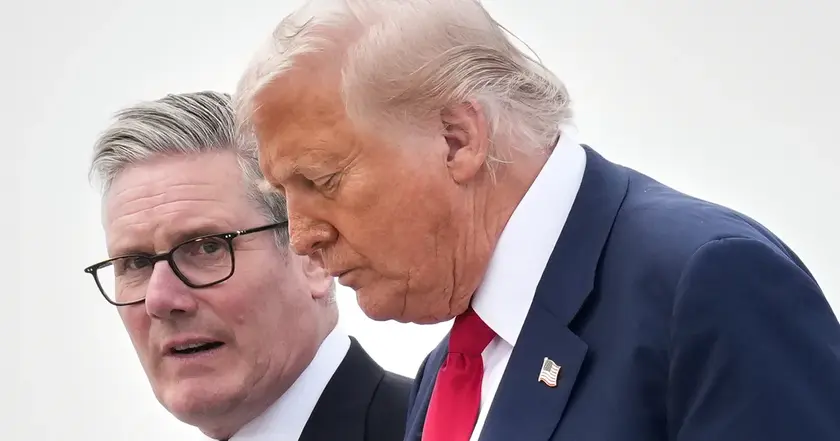
Starmer and Trump clash on Ukraine NATO membership
